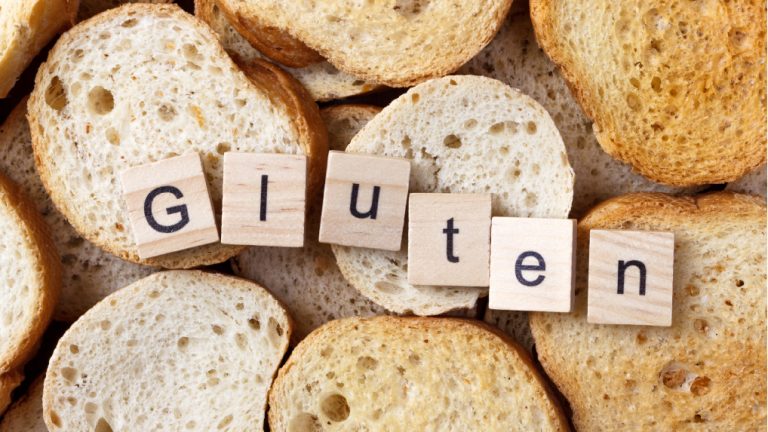Celiac disease and gluten intolerance
What to know about these conditions?
They are connected to gluten - a protein
Gluten intolerance and celiac disease are related to wheat. Symptoms like belly pain, bloating, sometimes weight stagnation occur after eating foods which contain gluten. For example wheat, barley and rye contain gluten – a protein. We have to separate the two conditions in connection with gluten. Gluten intolerance is called non-celiac gluten sensitivity by terminology because although it causes similar symptoms like celiac disease, they are separate conditions.
People affected worldwide
Gluten intolerance is a fairly common problem amongst people. It has adverse reactions to gluten. Celiac disease is the most severe form of gluten intolerance which causes more serious health problems than gluten intolerance. Celiac disease is an autoimmune disease that affects about 1% of the total population and causes serious damage in the human digestive system. Which means 75.3 million people have to live with this condition and keep a lifelong diet. Also, many more people are gluten intolerant (about 6% of the total population, more than 450 million people) and many more are still undiagnosed but experiencing the unpleasant symptoms.
How to detect these conditions?
In celiac disease, the immune system attacks the body’s own tissues when consuming gluten. There are certain genes that may be behind celiac disease. However, gluten intolerance is a way less well understood condition and doctors and scientists are still unsure why it occurs. Celiac disease can be detected by several tests from blood and small intestine biopsy while gluten intolerance can often be detected only from the symptoms while the blood tests and biopsy are negative.
Not allergy
Celiac disease and gluten intolerance are not food allergy. When someone has food allergy, their immune system overreacts to certain foods or ingredients which causes symptoms which are serious or even life-threatening. After consuming allergenicity ingredients, allergic people start vomiting, experience shortness of breath, hives appearing… Food allergy is an immune reaction but not an autoimmune reaction.
Consequences of consuming gluten
The only way to avoid problems and symptoms is to keep a proper gluten-free diet for lifetime. Left untreated, celiac disease may lead to non-intestinal symptoms including anemia, chronic fatigue, osteoporosis, impaired spleen, infertility, neurologic disorders, skin rashes and cancer. While gluten intolerance doesn’t cause such serious problems, it is still highly uncomfortable and also degrades the quality of life.
You may also like
Megosztás:





